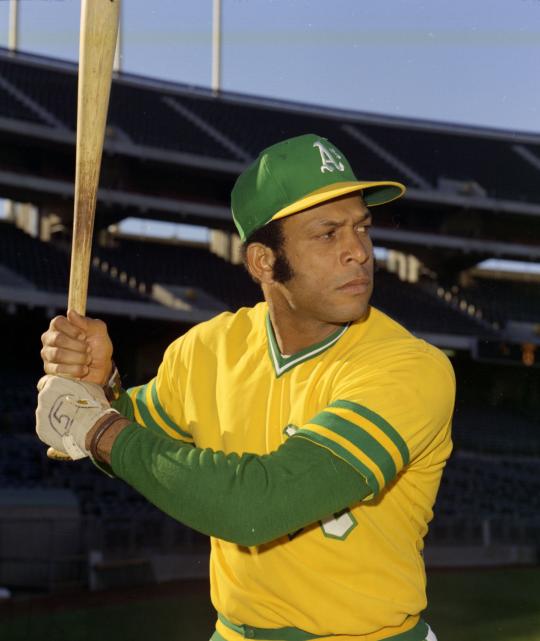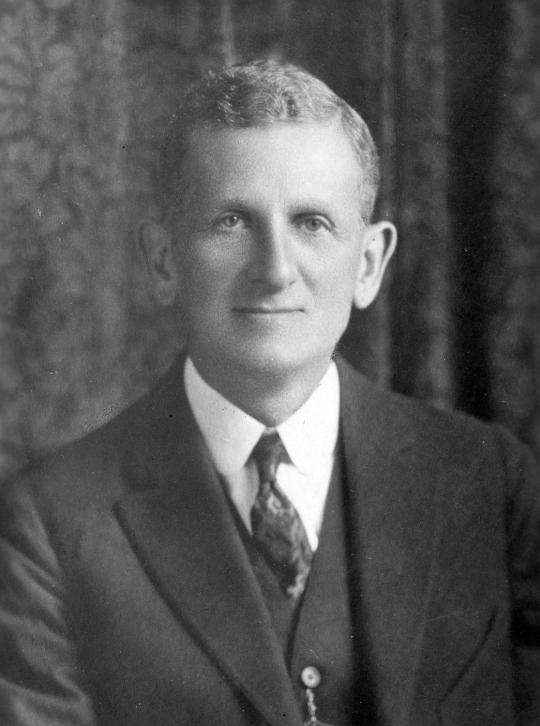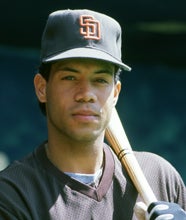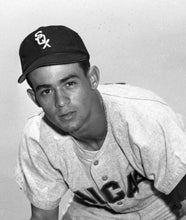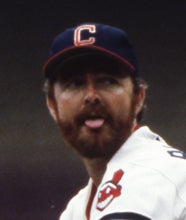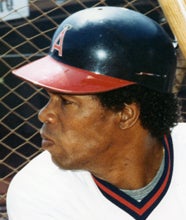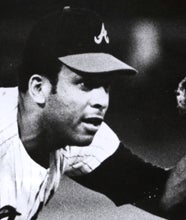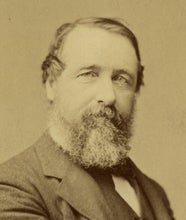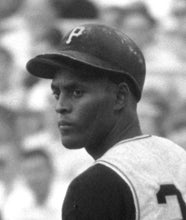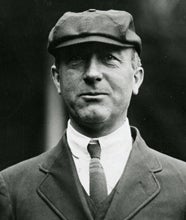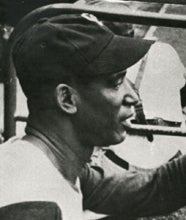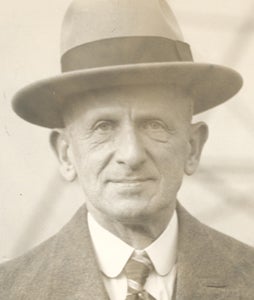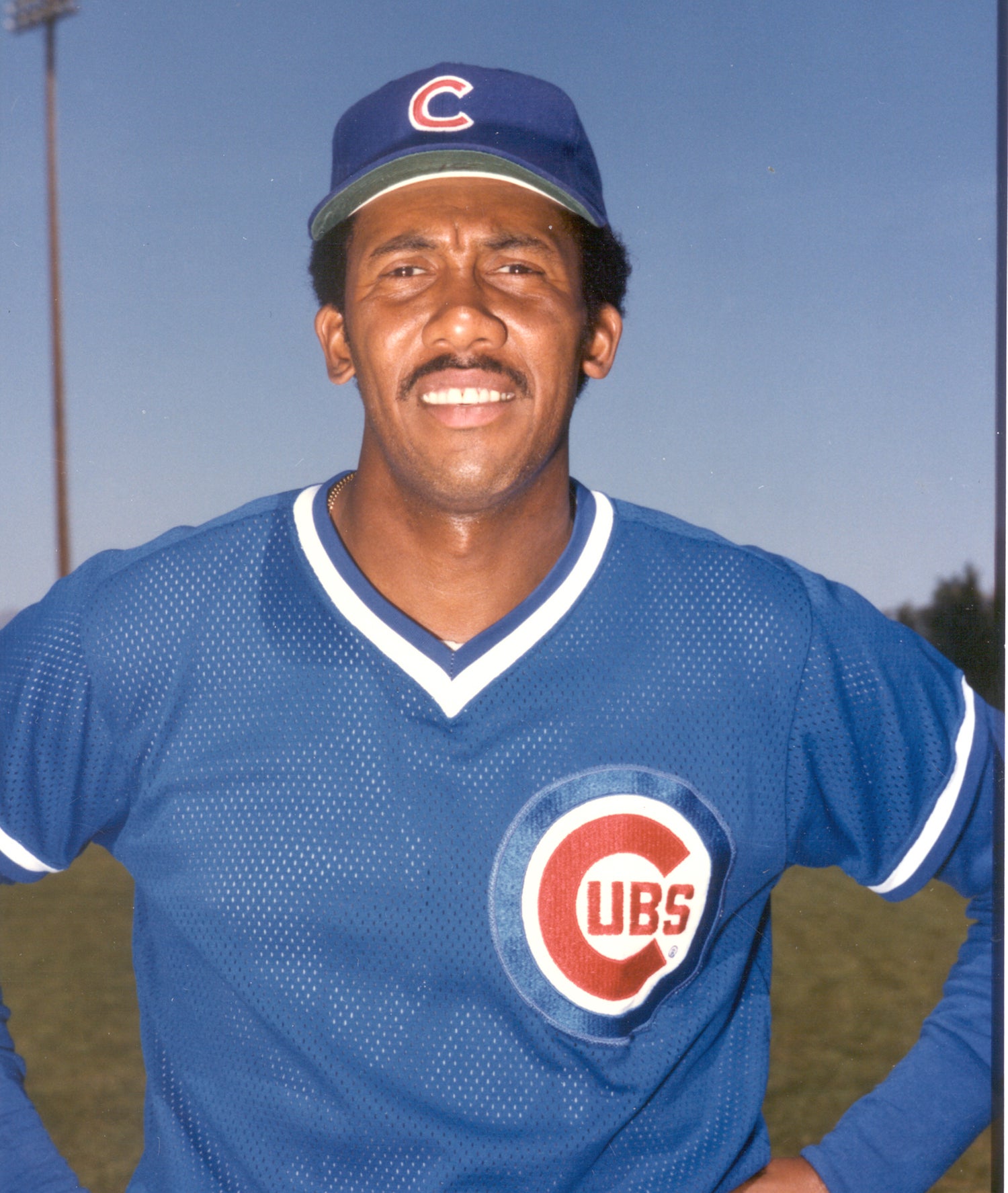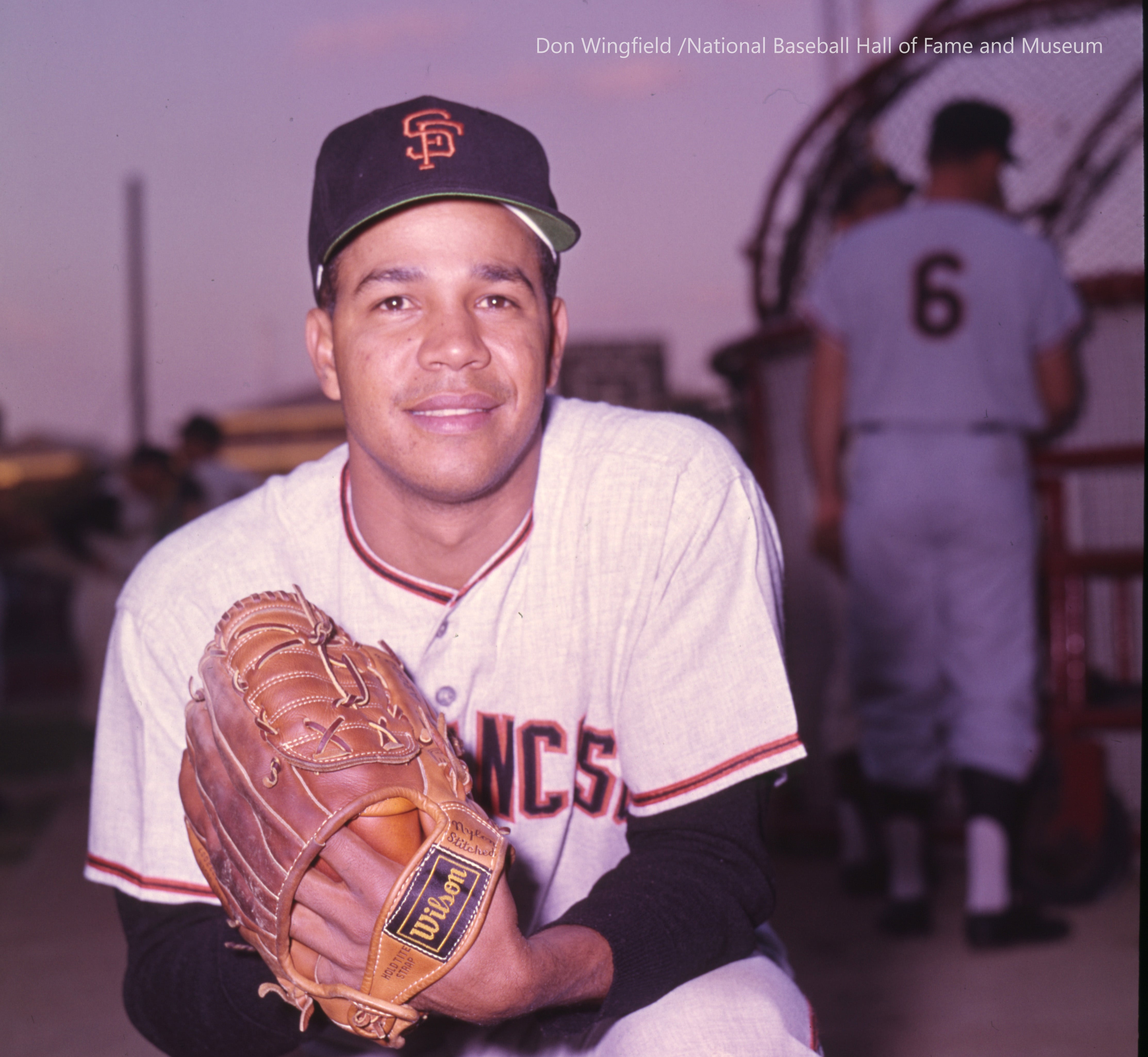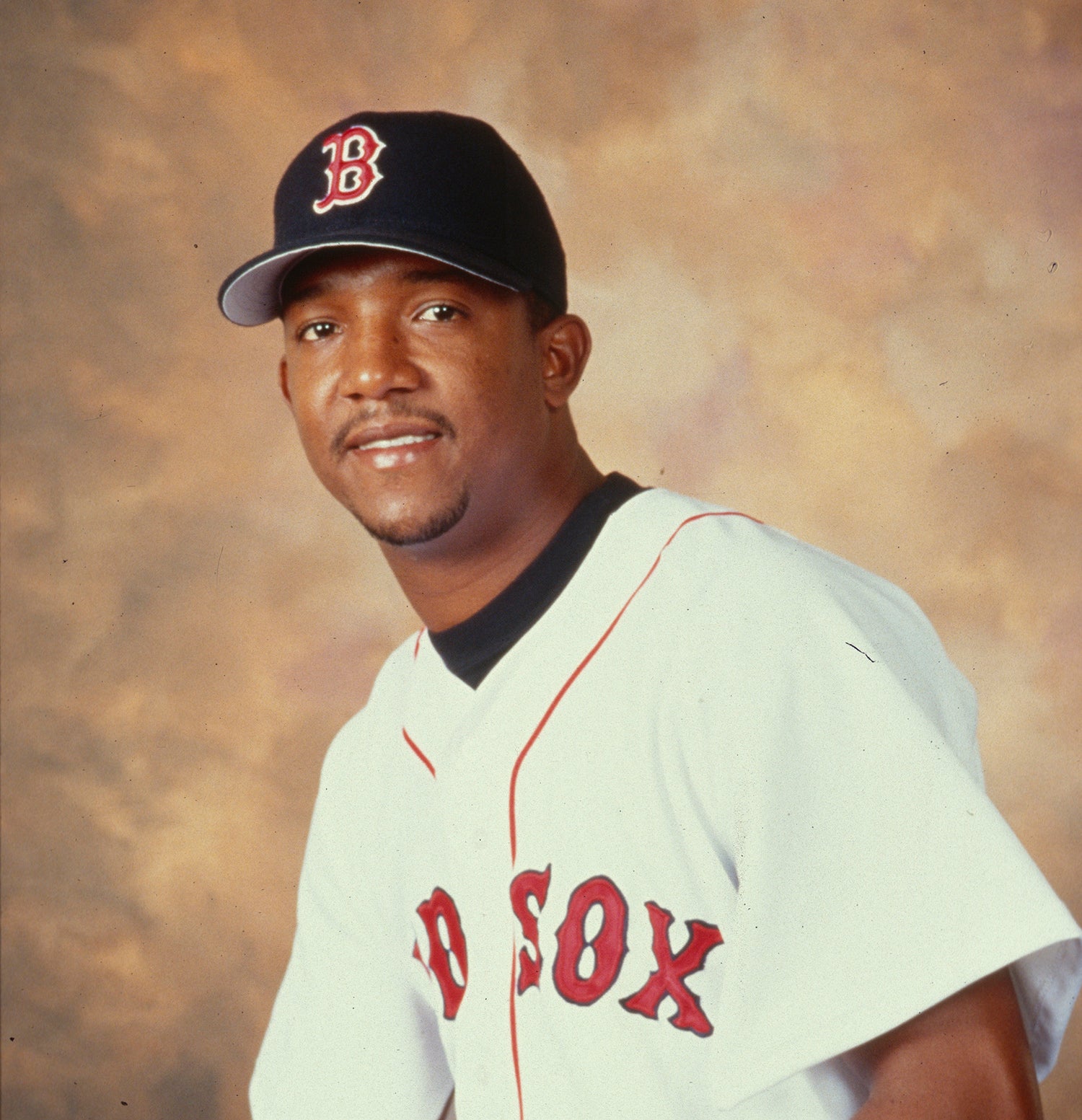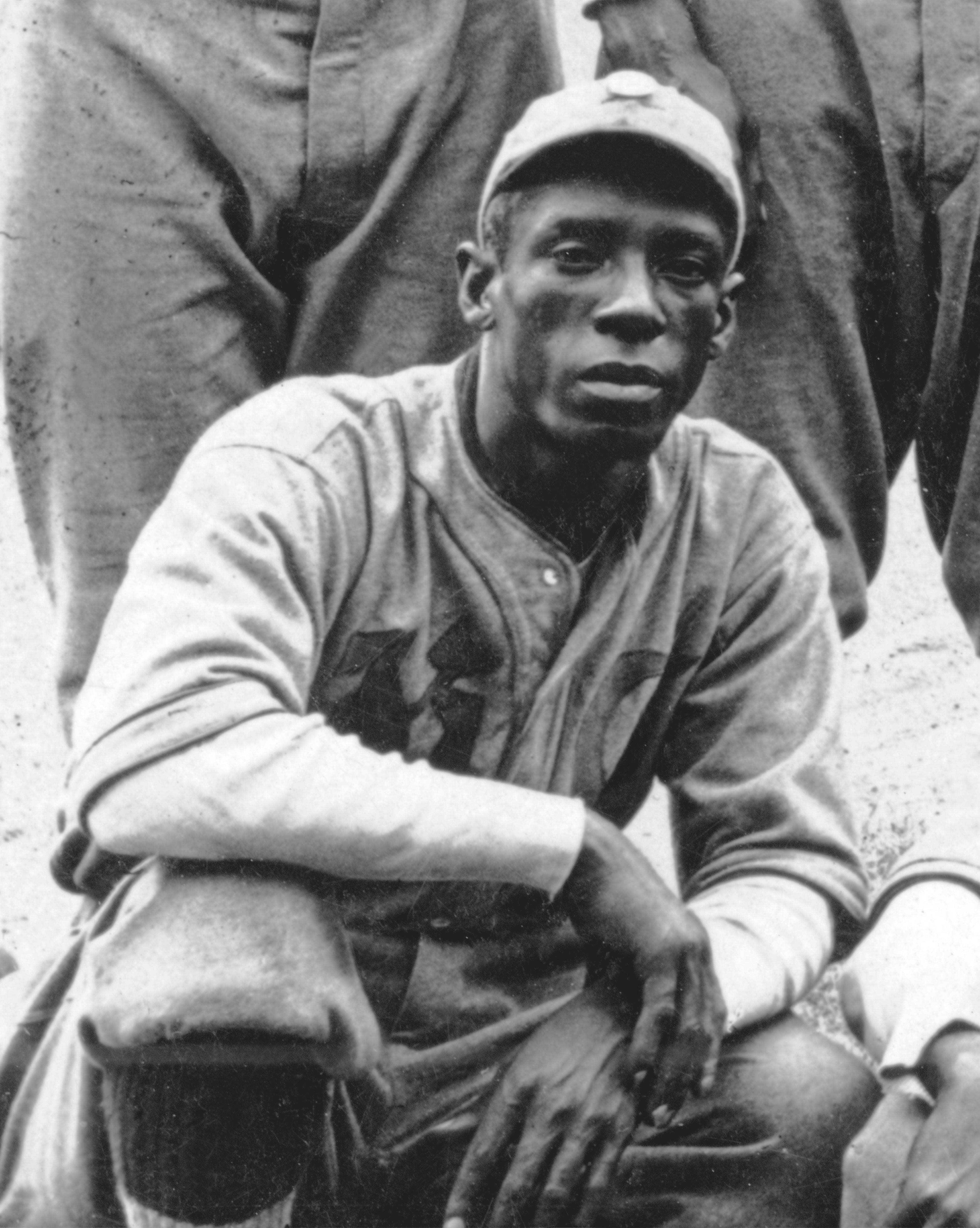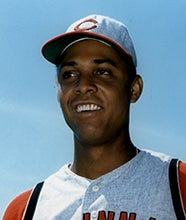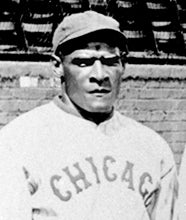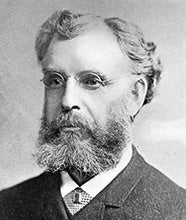“There’s a very strong international component which has enhanced both the appeal and quality of the game."
- Home
- Our Stories
- America’s Game Becoming the World’s Passion
America’s Game Becoming the World’s Passion
The splendor of a prominent edifice such as the National Baseball Hall of Fame is deeply rooted in its never-ending mission to preserve history, honor excellence and connect generations in the bucolic village of Cooperstown.
The earliest known references to baseball in America may have its early origins in rural settings, but this beloved sport has truly grown beyond the borders of the United States.
Since 1936, the National Baseball Hall of Fame has chronicled this extraordinary evolution through its acquisitions of historic artifacts and exhibitions such as ¡Viva Baseball! – a permanent exhibit unveiled in 2009 that explores Latin America’s infatuation with baseball and the phenomenal ballplayers such as Rod Carew, Luis Aparicio and Roberto Alomar who captivated the hearts and passions of every fan.
NBC sportscaster and MLB Network contributor Bob Costas, who for years has been at the forefront of baseball’s rich history and moral integrity, said of baseball’s international popularity: “There’s a very strong international component which has enhanced both the appeal and quality of the game. The [Baseball] Hall of Fame does much more than enshrine baseball’s best players, it chronicles and preserves the game’s history and notes its trends.”
Simply put, baseball is no longer just ‘America’s’ Pastime’. Consider this: Henry Chadwick, inducted into the Baseball Hall of Fame in 1938 for his distinguished contributions to the game, was affectionately known as the ‘Father of Baseball’. He was an immigrant (from England) like so many of today’s ballplayers. Just stroll to the ballpark and look at the scoreboard. No longer will you only see familiar American names such as Clayton Kershaw, Mike Trout or Andrew McCutchen, but now you’ll find international superstars like Miguel Cabrera, Ichiro Suzuki and Joey Votto.
The latter players have had tremendous success in the big leagues.
They were either teenage prospects in their homeland, already established stars in their native country or unknown prospects who traveled to the United States hoping for an opportunity to one day sign a professional contract.
Before the inception of the International Baseball Federation (IBF) in 1936, the inaugural World Baseball Classic of 2006 and a multitude of other international competitions, there was a significant milestone that literally transformed a Pacific nation on the threshold of another global conflict.
There would be no weaponry exchanged, but for 18 exhibition games a Spalding baseball and Louisville Slugger were the ‘ammunition of choice’ as quite possibly one of the greatest baseball teams ever assembled would face Japanese players in 12 cities.
The 1934 American League Tour of Japan included a stupendous team of future Hall of Famers; Lou Gehrig, Jimmie Foxx, Lefty Gomez, Charlie Gehringer and the incomparable Babe Ruth. Nearly 500,000 jubilant fans lined the streets of Tokyo to express their adoration and appreciation to Ruth and the All-American All-Stars for supporting the idea of creating a professional league in their country.
Although a war would eventually erupt after the unexpected bombing of Pearl Harbor, this unforgettable moment is unquestionably worth noting considering its impact and how baseball truly evolved in Japan because of the ‘Bambino’ and his goodwill team.
“[Babe] Ruth was the center of attention and being the spokesperson for the team made it easier to get the Japanese fans excited to back a professional league. Since the 1950’s, Japanese baseball has gotten much better,” said Robert Fitts, an award-winning author who wrote the book, Banzai Babe Ruth.
Even prior to Babe Ruth’s historic trip, the idea of a World Series wasn’t completely foreign. Consider this: There might never have been a Fall Classic if it weren’t for the foresight of a future Baseball Hall of Famer of German-Jewish ancestry who would become the epitome of the American dream.
Arriving from Freiburg, Germany, Barney Dreyfuss – a 2008 Hall of Fame inductee – would go from selling distilled spirits to learning English at night, to eventually becoming one of the most respected owners in baseball. As team president of the Pittsburgh Pirates for 32 years, Dreyfuss would lead the Bucs to six pennants and three World Series; his innovation in October 1903 of challenging the Boston Americans (later Boston Red Sox) and losing in a best of nine series between the pennant winners was the very first World Series.
Was this truly a memorable series? Absolutely. But a ‘World’ Series? Unequivocally, no. This concept of various international teams competing till one team emerges victorious has evolved into what we now call the World Baseball Classic.
Ferguson Jenkins, who in 1991 became the first Canadian-born inducted into the Baseball Hall of Fame, shared his personal thoughts on Canada’s relevance in the history of baseball.
“You know Jackie Robinson played in Canada and so did Roberto [Clemente]. They were in the Dodgers organization and their minor league team was the Montreal Royals,” Jenkins said. “This needs to be publicized more. There were more black athletes who played in Canada way before they even started playing in the United States.”
The enduring halls of Cooperstown will never cease to reflect this unbelievable game because thousands of baseball aficionados will continue to embark on that scenic journey to a quaint village in upstate New York. For visitors to the National Baseball Hall of Fame and Museum, it’s not only a captivating story of notable achievements but a tableau of how baseball has created fans the world over.
Danny Torres is a freelance writer from the Bronx, N.Y.
International Hall of Famers
- Roberto Alomar – Puerto Rico
- Luis Aparicio – Venezuela
- Bert Blyleven – The Netherlands
- Rod Carew – Panama
- Orlando Cepeda – Puerto Rico
- Henry Chadwick – England
- Roberto Clemente – Puerto Rico
- Tom Connolly – England
- Martin Dihigo – Cuba
- Barney Dreyfus – Grand Duchy of Baden
- Ferguson Jenkins – Canada
- Juan Marichal – Dominican Republic
- Pedro Martinez – Dominican Republic
- Jose Mendez – Cuba
- Tony Perez – Cuba
- Cristobal Torriente – Cuba
- Harry Wright – England



